A Chinese drone company has announced a landmark achievement of the first-ever drone delivery test on the Nepalese side of the Himalayas, marking the world's first round-trip high-altitude flight by a civilian cargo drone in the area. Such flights could offer crucial support for rescue operations and material transportation in high-altitude areas.
This high-attitude-based test was operated by DJI, a China-based drone company headquartered in South China's Guangdong province. The test set a record in terms of altitude for civilian drone transport at between 5,300 meters and 6,000 meters, the company said on Wednesday.
The DJI drone testing team set up a transport route between the base camp and Camp 1, carrying oxygen uphill and garbage downhill, and the FC30 drone reached a maximum altitude of 6,191.8 meter. It could take 15 kilograms steadily at 6,000 meters, and provide reliable support to ensure operational safety.
The DJI drone testing team conducted high-altitude flight tests from Mount Qomolangma’s south base camp starting on April 25, getting to an altitude of 5,364 meters. They verified the drones' ability to hover, fly, and carry loads in high-altitude conditions.
The high-altitude climbing industry has flourished in recent years, attracting more climbers globally. This surge has raised concerns about climber safety, rescue operations, and environmental pollution, and drones could be of great use in these situations.
Previously, guides in the region typically spent around six to eight hours crossing the Khumbu Icefall, which is located in the Himalaya Mountains, carrying up to 15 kilograms each trip, said Mingma Gyalje, a Nepalese mountaineering guide, adding that three guides from his team had lost their lives there last year. “Drones have shown me a new solution for reducing casualties.”
Drones can also play an important role in garbage removal, reducing the environmental impact of climbing activities, and helping to protect Mount Qomolangma and its natural surroundings.
A local Nepalese drone operator launched a regular drone transportation project in the Mount Qomolangma region on May 22 following the successful tests by DJI, primarily focusing on clearing residual garbage from the south slopes. The project was commissioned by the Nepalese government.
"Drones will be able to transport equipment to Camp 1 day and night, and bring down leftover garbage and waste from the camp," said Mingma Gyalje. "We won't have to frequently cross glaciers at night, so it saves more lives."
The test also provided valuable flight data for ultra-high-altitude regions, laying a stronger foundation for the use of this type of drone in plateau areas, said Christina Zhang, senior corporate strategy director at DJI.
The company said that the FC30 drone's performance has been highly praised by local authorities and climbing organizations.










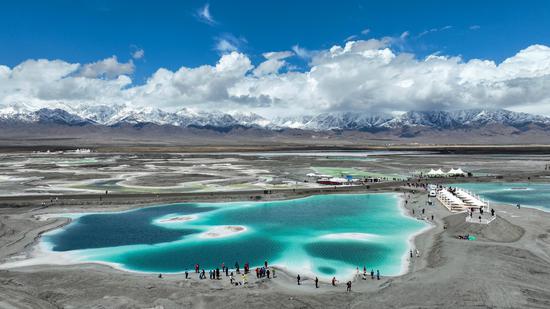

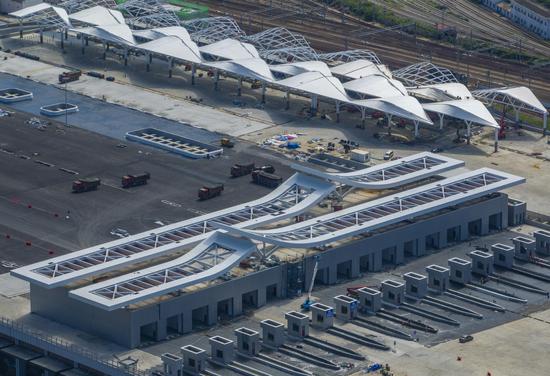

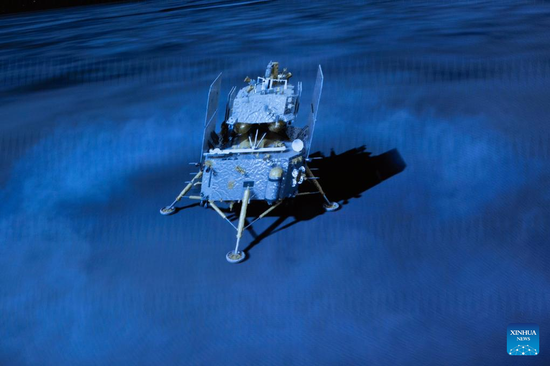
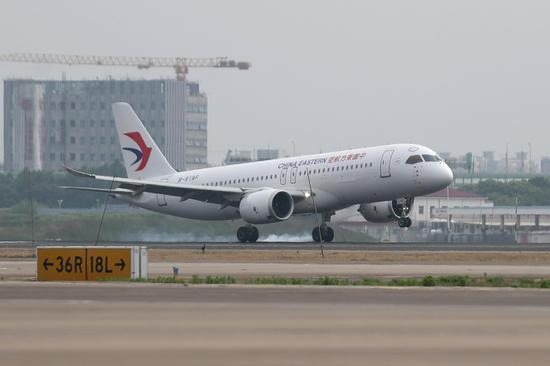
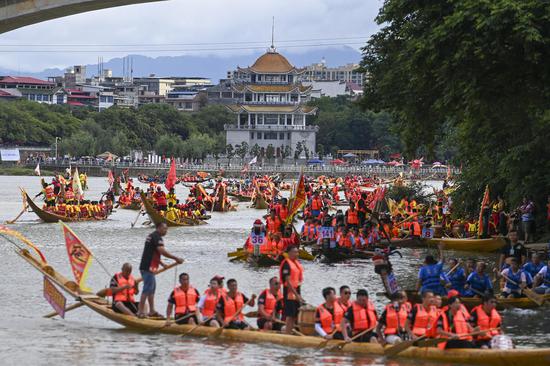
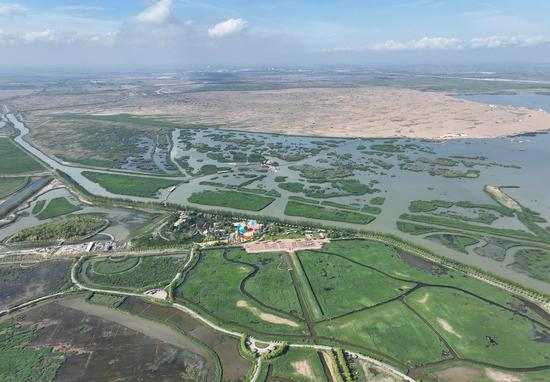
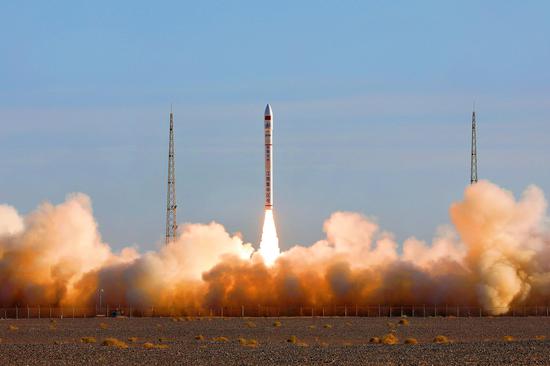
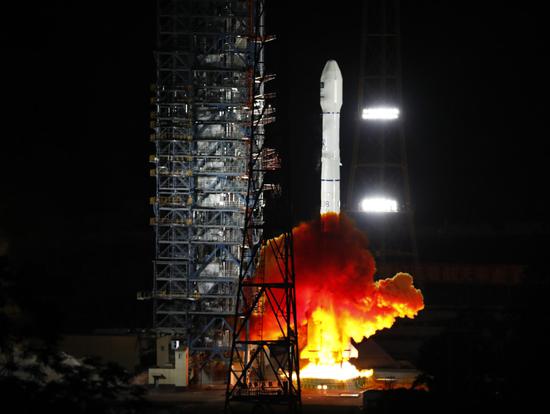


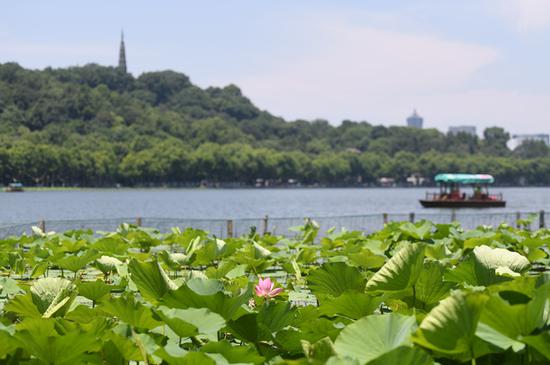
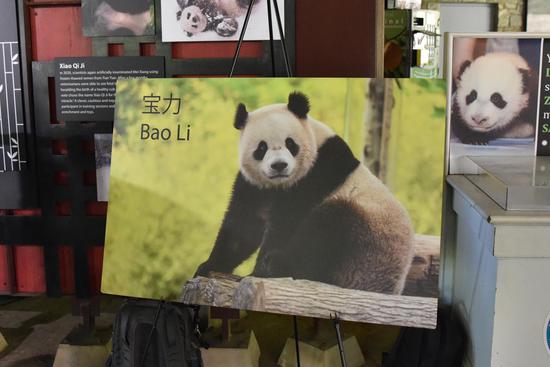
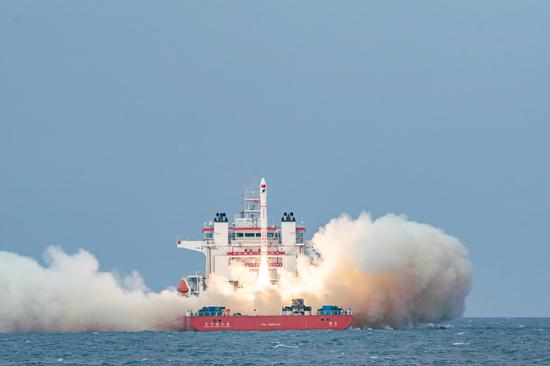
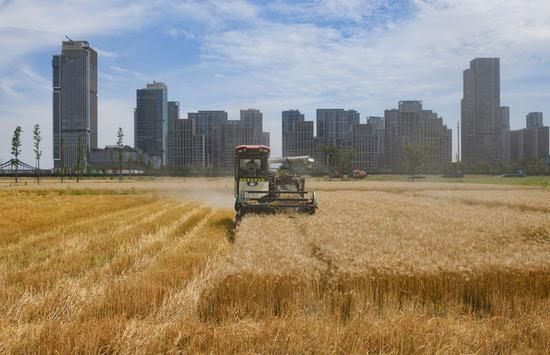

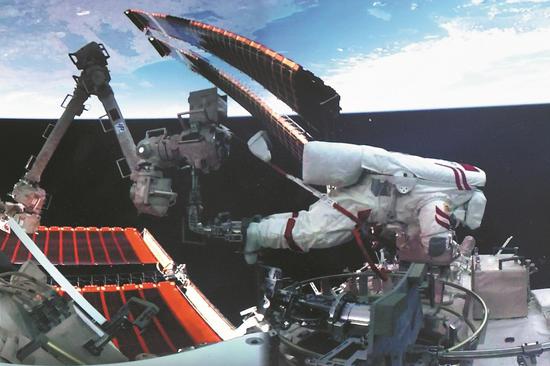




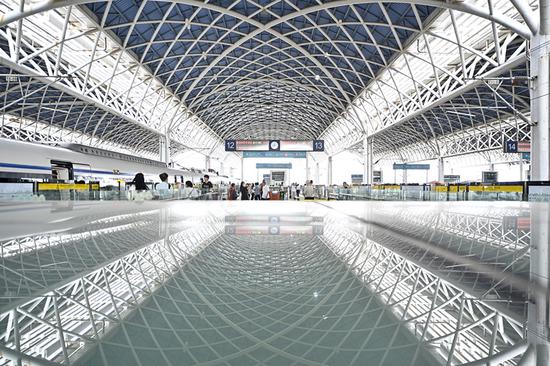
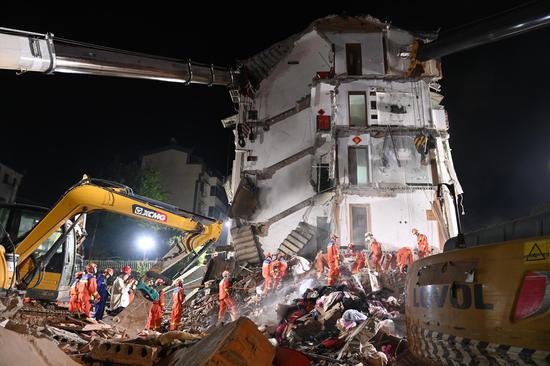
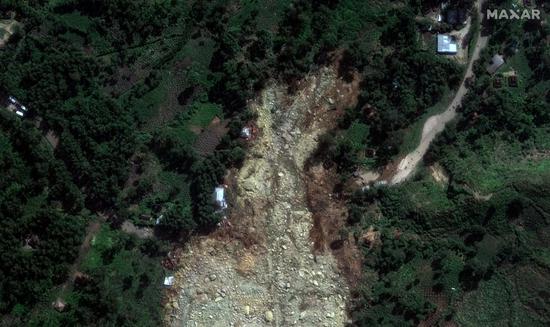




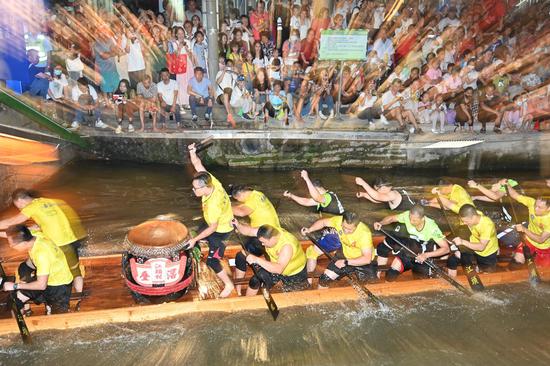



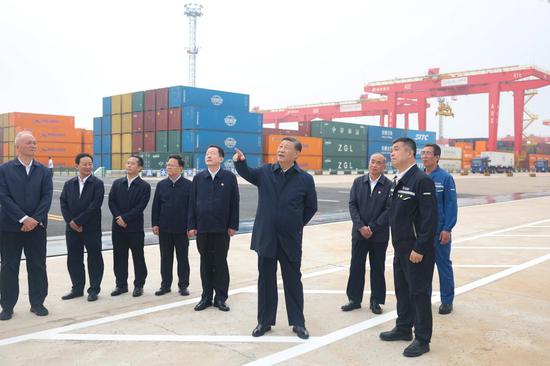
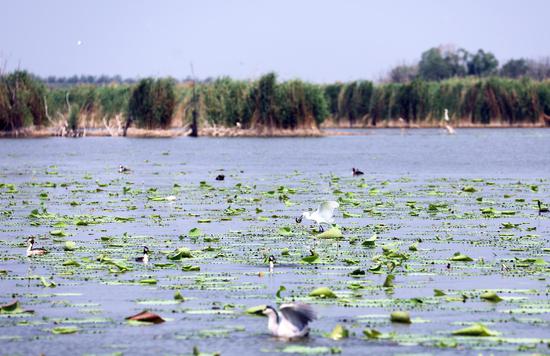





 京公网安备 11010202009201号
京公网安备 11010202009201号